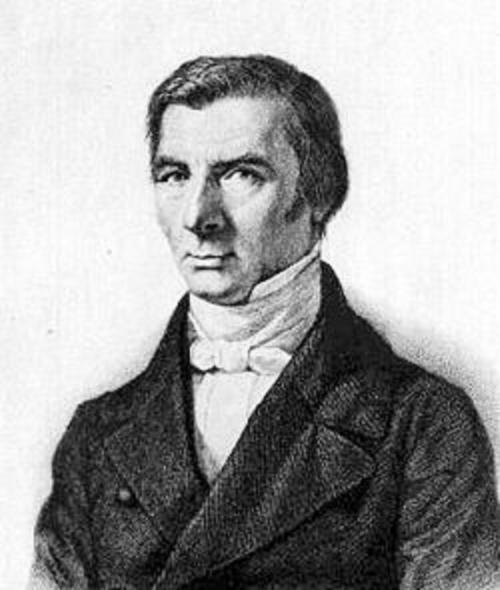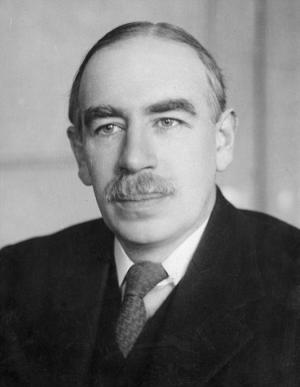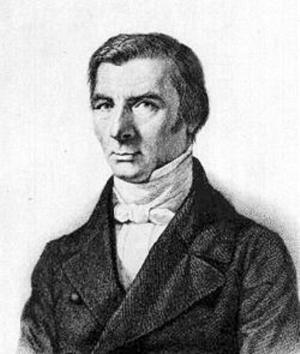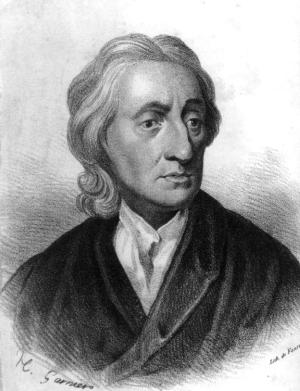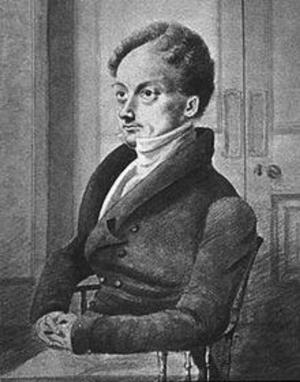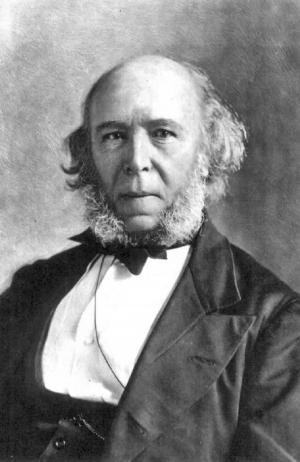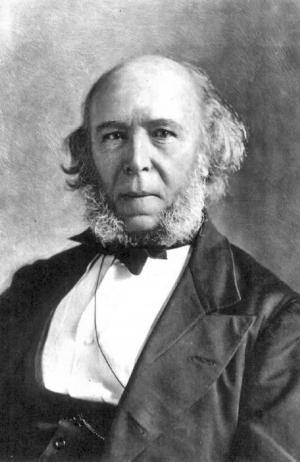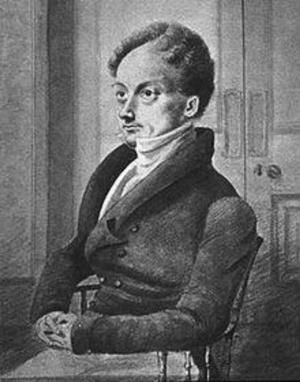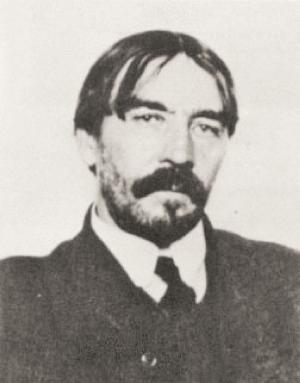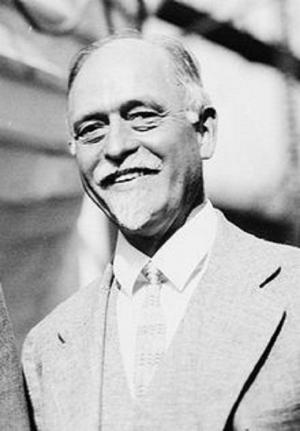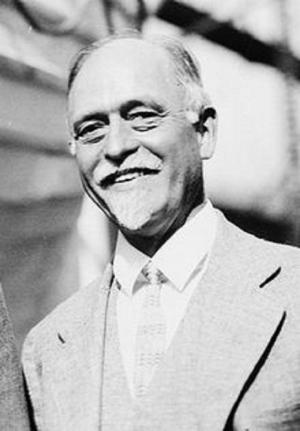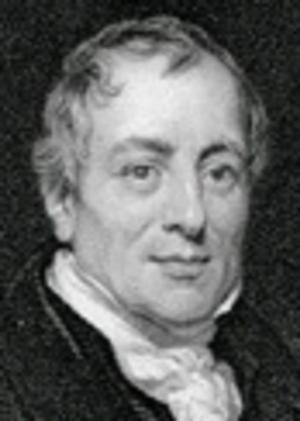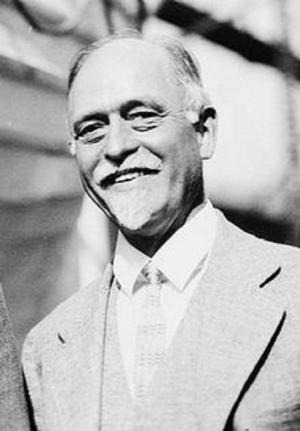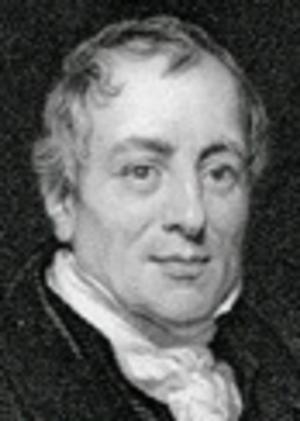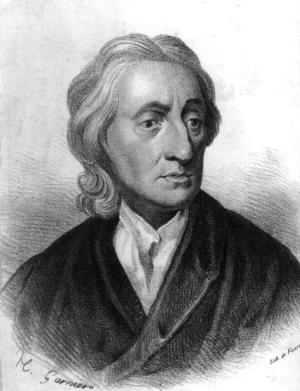Frederic Bastiat on What Is Money ? (Illustrated)
Business & Finance, Economics, Macroeconomics, Theory of Economics| Author: | Frederic Bastiat | ISBN: | 1230000276216 |
| Publisher: | AS Team | Publication: | October 24, 2014 |
| Imprint: | Language: | English |
| Author: | Frederic Bastiat |
| ISBN: | 1230000276216 |
| Publisher: | AS Team |
| Publication: | October 24, 2014 |
| Imprint: | |
| Language: | English |
The book has an active table of contents for easy access to each chapter.
Frederic Bastiat was a French political economist, statesman, classical liberal theorist, and the French Assembly. He coined the important economic concept of opportunity cost. His ideas have become the foundation for libertarian and the Austrian schools of thought.
Most of Bastiat’s political writings were done during the years just before and immediately after the Revolution of February 1848 when France was rapidly turning to complete socialism. As a Deputy to the Legislative Assembly, Bastiat explained each socialist fallacy as it appeared and how socialism must inevitably degenerate into communism that it must fail.
In this essay, What is Money?, Mr. Bastiat Bastiat used dialogue to address the question, "What is money?"
Bastiat labelled the fractional reserve banking practices as a fraud on the general public. He further explained that the confusion of money and riches.
Bastiat further showed that the notion of money as the source of wealth is incorrect. Trade is merely facilitated by the use of commodity money as the medium of exchange.
Bastiat also admitted that any increase in the supply of money does not benefit society and does not increase satisfaction.
Bastiat ended the dialogue with his recommendation for reform: The most urgent necessity is, not that the State should teach, but that it should allow education. All monopolies are detestable, but the worst of all is the monopoly of education.
Bastiat’s reasoning remains as relevant today as it was then. The Essay is already read more than a hundred years and it will still be read for another century due to its truths.
The book has an active table of contents for easy access to each chapter.
Frederic Bastiat was a French political economist, statesman, classical liberal theorist, and the French Assembly. He coined the important economic concept of opportunity cost. His ideas have become the foundation for libertarian and the Austrian schools of thought.
Most of Bastiat’s political writings were done during the years just before and immediately after the Revolution of February 1848 when France was rapidly turning to complete socialism. As a Deputy to the Legislative Assembly, Bastiat explained each socialist fallacy as it appeared and how socialism must inevitably degenerate into communism that it must fail.
In this essay, What is Money?, Mr. Bastiat Bastiat used dialogue to address the question, "What is money?"
Bastiat labelled the fractional reserve banking practices as a fraud on the general public. He further explained that the confusion of money and riches.
Bastiat further showed that the notion of money as the source of wealth is incorrect. Trade is merely facilitated by the use of commodity money as the medium of exchange.
Bastiat also admitted that any increase in the supply of money does not benefit society and does not increase satisfaction.
Bastiat ended the dialogue with his recommendation for reform: The most urgent necessity is, not that the State should teach, but that it should allow education. All monopolies are detestable, but the worst of all is the monopoly of education.
Bastiat’s reasoning remains as relevant today as it was then. The Essay is already read more than a hundred years and it will still be read for another century due to its truths.
